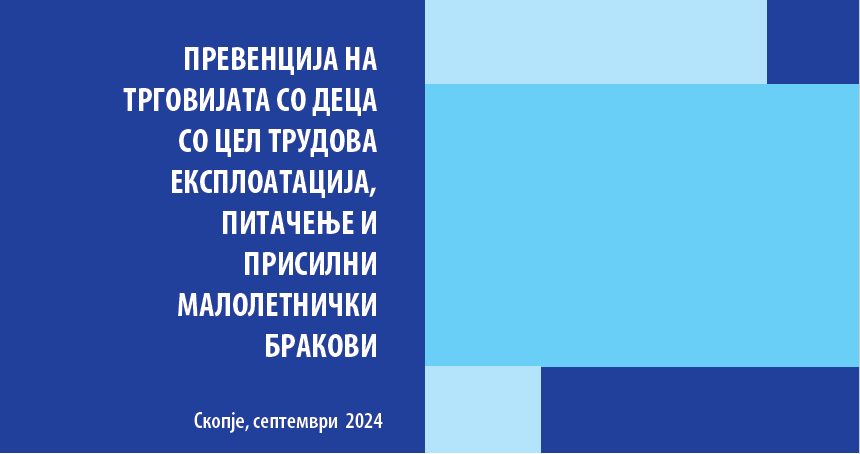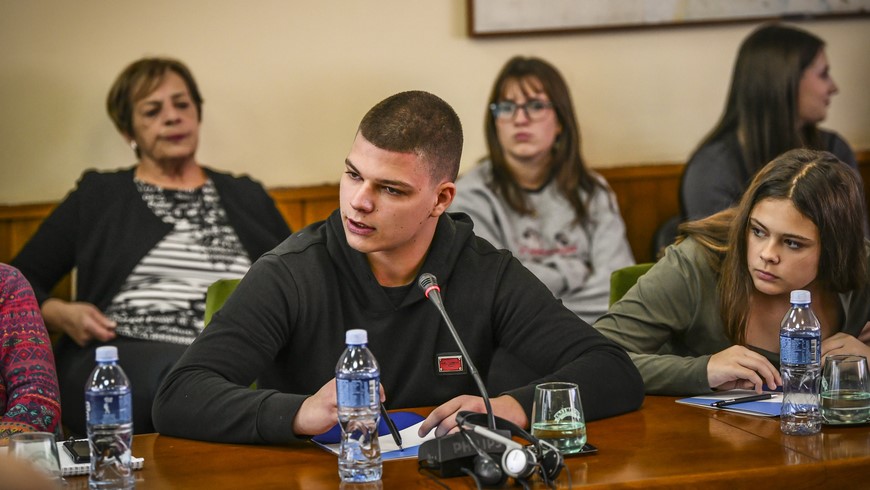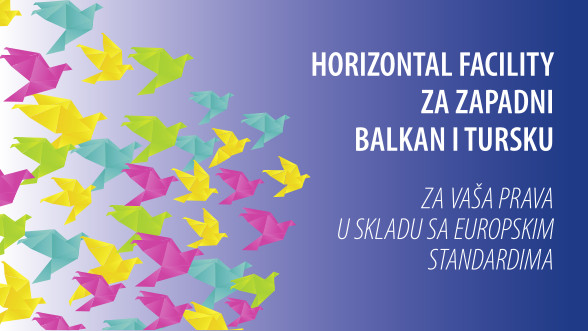According to the 2023 third evaluation report on North Macedonia of the Group of Experts on Action against Trafficking of the Council of Europe, most of the trafficking victims are children. Although most of the trafficked children were subjected to sexual exploitation, child trafficking for the purpose of labour exploitation, forced marriages and begging is on the rise and remains under explored in North Macedonia In this framework the Study on preventing child trafficking for the purpose of labour exploitation, begging and forced marriages in North Macedonia supported by the EU and Council of Europe joint action “Strengthening anti - trafficking action in North Macedonia” responds to the need to establish findings on the factual situation and on trends with respect to child trafficking for the purpose of labour exploitation, begging and forced marriages in the past five years.
Based on a specific methodology, which includes surveys with the anti-trafficking stakeholders from the institutions and NGO sector, as well as multi-sectorial focus groups and expert discussions, the Study discerns upward trends especially regarding child trafficking for begging. In this framework, North Macedonia is no exemption to the sad images of young children forced to beg on the streets and border crossings, by their parents, or organised gangs. The Study identifies the risks for children exploited for labour purposes, taking into consideration the new trends and recruitment methods in the labour trafficking chains. The number of forced marriages is also on the rise, with ethnic Roma girls mostly being victims to this type of exploitation.
Research says that local anti-trafficking stakeholders are facing multiple challenges with respect to child trafficking prevention of these three types of exploitation. According to the study, inadequate implementation of the domestic law and European standards in the field, traffickers’ impunity, poor education of parents regarding child trafficking risks, limited resources to prevent child trafficking for the purpose of labour exploitation, begging and forced marriages operate as barriers to effective prevention of these types of child trafficking.
The Study concludes that co-ordinated preventive actions of police and social workers is needed, while raising public awareness and implementing education programmes for parents and children. In addition, consistent monitoring of risks and the provision of adequate responses to child trafficking by relevant institutions, along with enhanced capacities of prosecutors and other stakeholders to recognise child trafficking for various types of exploitation, will contribute to the efforts to prevent and combat child trafficking. This also requires proportional sentencing of child traffickers and legislative changes to combat child trafficking for labour exploitation, begging and forced marriages, in line with European standards and Council of Europe recommendations
The action “Strengthening anti - trafficking action in North Macedonia” supports the public authorities in the efforts to prevent and combat child trafficking by providing capacity building activities to the anti-trafficking stakeholders, by supporting research and reports on this topic and working with other beneficiaries to improve access to legal aid for child victims. The action is part of the European Union/Council of Europe co-operation initiative “Horizontal Facility III for the Western Balkans and Türkiye”.
Study on preventing child trafficking for the purpose of labour exploitation, begging and forced marriages in North Macedonia (Macedonian language)




